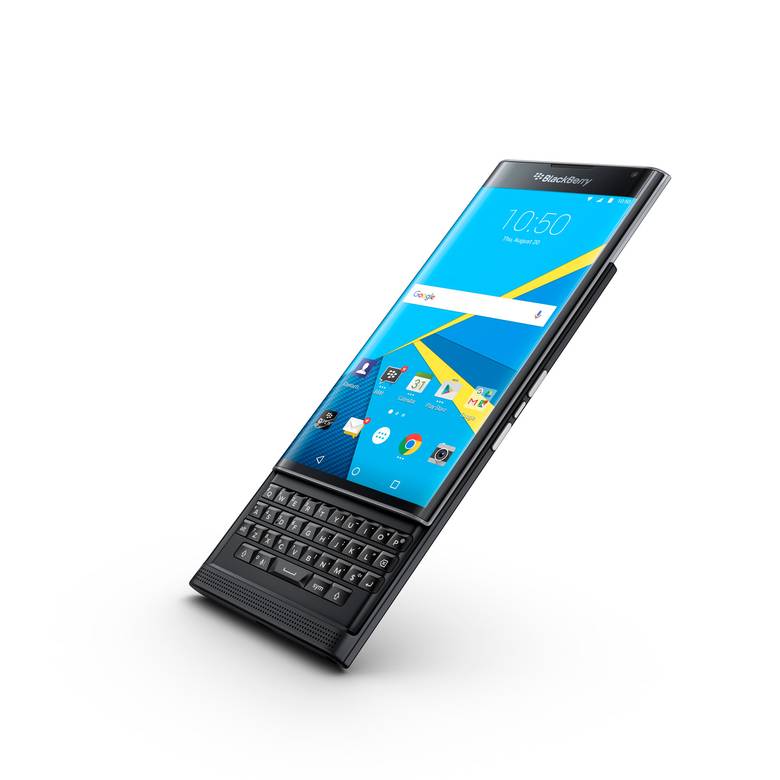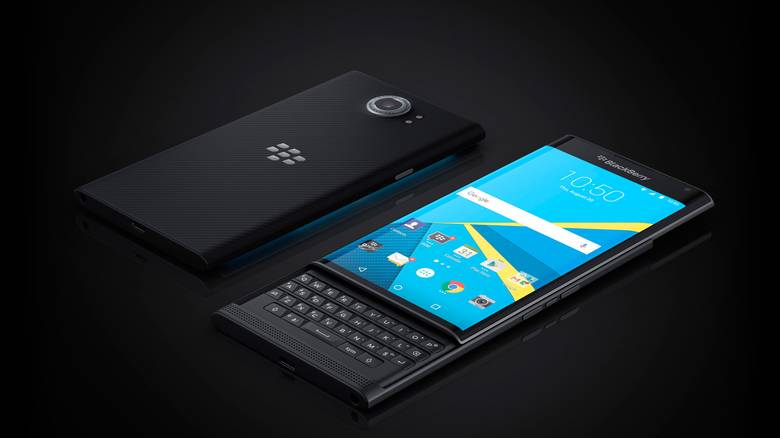BlackBerry Priv is the fourth new BlackBerry device released under the leadership of CEO John Chen, and I think it’s the most polished and modernized smartphone of the lot. BlackBerry’s other recent devices, the Passport, Classic and the lower-end Leap, had unusual screen sizes or middling build quality. In contrast, Priv looks like it could have been made by any of the half dozen really successful smartphone manufacturers.
My concern with this phone is its cost; $899 without a contract is a trivial matter for the CEOs who have been waiting for a really good BlackBerry phone, but not trivial to the millions of people BlackBerry needs to buy this thing if it’s going to survive as a hardware manufacturer. But more on that later; there really is a lot to like here if price is no object.
The slide-out physical keyboard had me worried. A mechanical part on a modern slab-style touchscreen phone? But even though I’ve fallen out of the habit of using BlackBerry’s QWERTY keyboard, I found it intuitive to use and a little easier than the sometimes cluttered BlackBerry digital keyboard, which has a lot of auto-suggest text.
The physical keyboard retains the capacitive frets that let you do some of the swipe and scroll on-screen actions the Passport allowed, and it has a lot of those familiar keyboard shortcuts. It even balances well in the hand so there’s really no letdown here for keyboard lovers, and the product designers I spoke with assured me they popped and retracted the keyboard about a million times in testing to make sure the mechanism doesn’t fail.
It has a big, gorgeous 5.4-inch screen that curves at the edges, and the whole thing is surprisingly light in the hand and has a really nice long-lasting battery. My version of a torture test is to never plug it in until the screen goes dark while I am testing a phone, and the Priv typically lasts two days of intermittent use and one day of heavy use. The camera, with its 18-megapixel sensor, held up very well in one-to-one comparisons with the iPhone 6S Plus; the colour saturation may have actually been a little better.






























